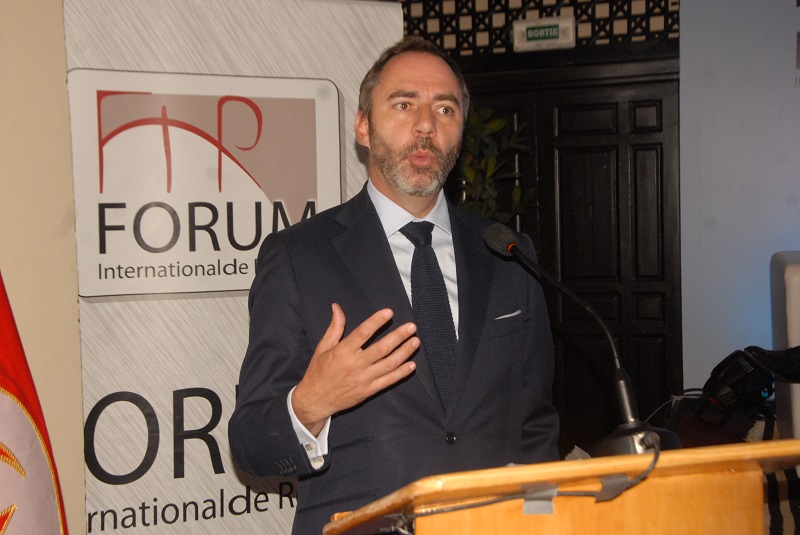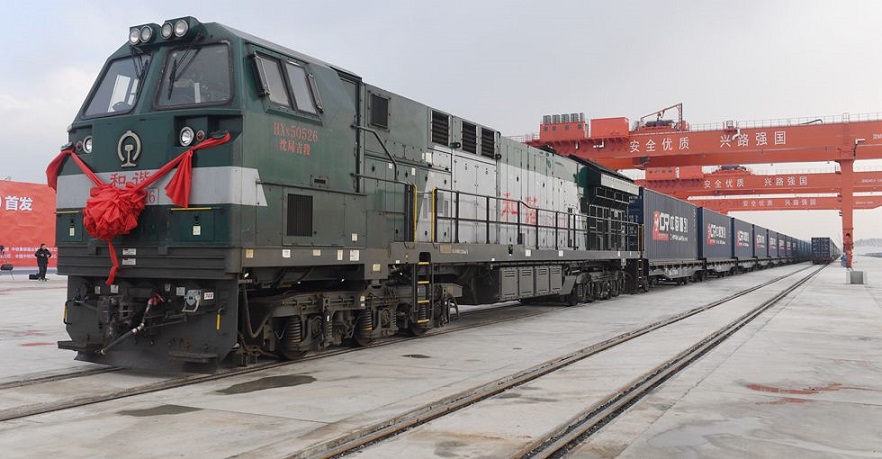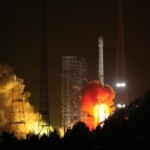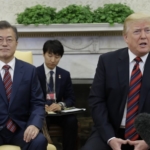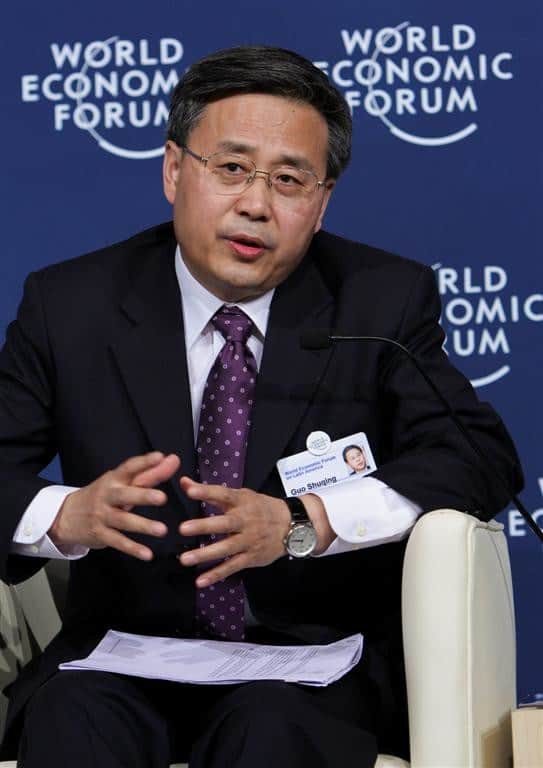nequality gap, irrepressible; the country is further divided

The inequality gap in Mexico has increased, with higher per capita income growth in the most developed entities, in contrast to those that have lagged behind. In the last 13 years, the states with the highest per capita income have recorded higher growth rates in this indicator than those that are lagging behind, which has exacerbated the regional inequalities that exist in the country.





